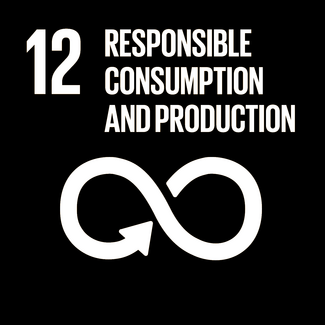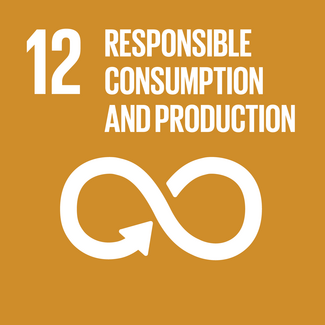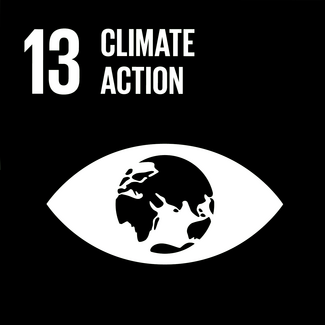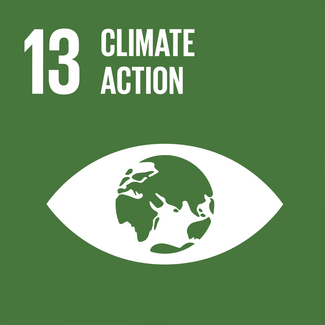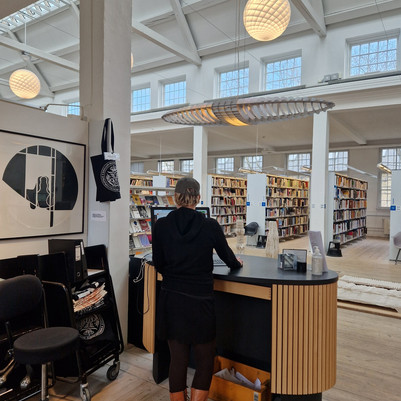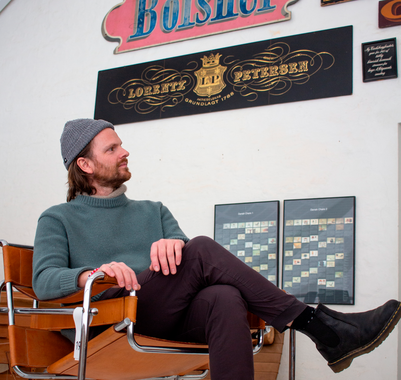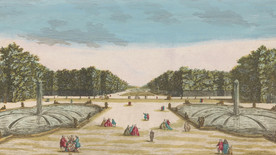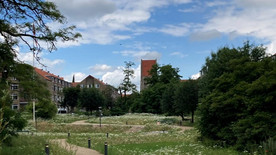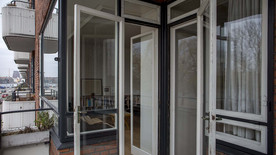
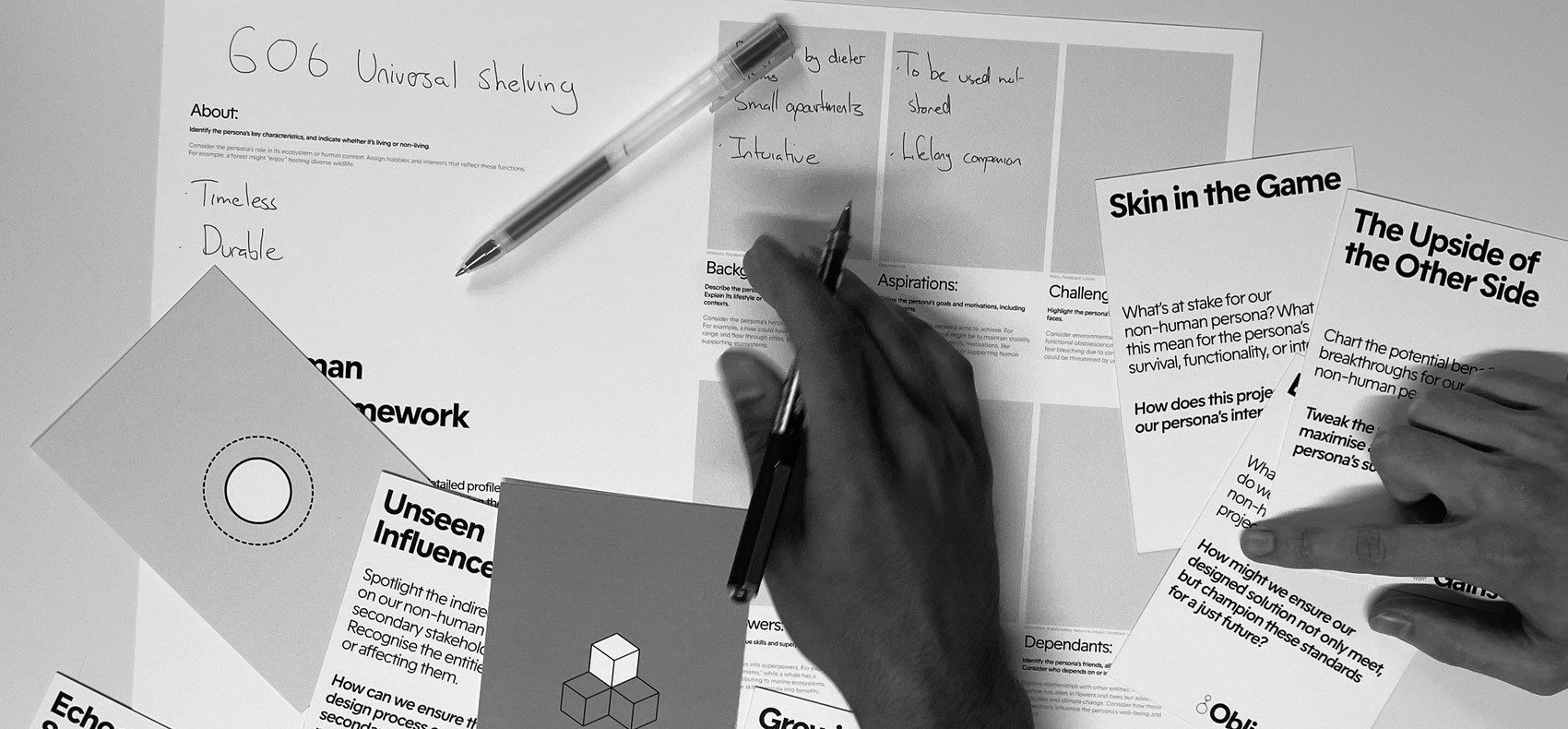
Towards More-Than-Human
In response to the environmental challenges we face the Anthropocene, this thesis project, Towards More-Than-Human, explores how we can rethink design beyond human-centred realities through a More-Than-Human approach, and consciously rethinks our tools and methodologies to better meet the environmental challenges of today.
Grounded in thorough theoretical and practical industry research, this project develops prototype non-human persona framework and a persona-activating tool to incorporate and empower non-human stakeholders in design led decision-making and participatory workshops.
Context:
In our relentless pursuit of development, we have created social systems that rely on unsustainable resource use and treatment of our planet. From plastic pollution to deforestation, our interactions with ecosystems are mostly linear and exploitative, with a focus on generating value solely for humans — a strategy that is no longer viable. Humans have fundamentally altered our planet to meet our needs, and we are now facing the consequences.
Design has, and continues to be, complicit in the environmental challenges we are facing today, as it has been primarily focused on addressing human needs. Over recent decades, human-centred design has dominated the product and service design industry, putting user needs at the centre stage and designing our world around these needs.
Is human-centred design still equipped to identify and address the increasingly complex challenges we face in the new normal? And how can we design for positive environmental impact beyond humans?
This prompts a shift in our design considerations to consider the broader impact on environmental systems, emphasising how our designs affect more than just humans.
A More-Than-Human Approach:
More-than-Human Design recognises the interconnectedness of humans with other forms of life and broader ecological systems, aiming to create solutions that are sustainable, inclusive, and beneficial to all components of our shared environments.
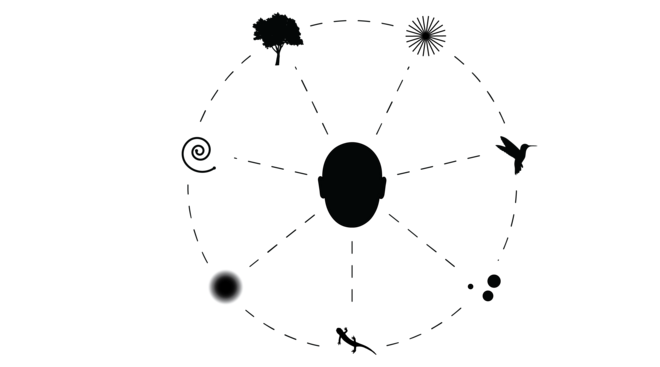
Environmental considerations in design is not a new idea, and a number of these alternatives to Human-Centred Design were explored in the subsequent State Of The Art analysis of this thesis project.
The challenge with many of these alternatives to Human-Centred Design that aim to de-centre the human from the design process, is that they risks leaving out the most crucial cause of environmental crisis we face — humans.
While the need to focus on the planet and environmental concerns is key, we still need to keep human needs in our design considerations, but actively promote designers to include the interests of other actors.
The “More-Than-Human” approach aims to do exactly that — extend design considerations to factor in the effects of design decisions on non-human stakeholders (animals, weather events, forests, waterways, and more), urging a reconsideration of our impact and the integration of non-human stakeholders’ perspectives. This approach recognises interconnectedness of our actions within global systems.
A More-Than-Human Toolkit:
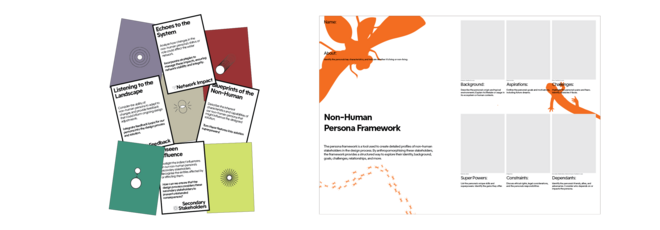
The toolkit comprises a non-human persona framework formed using seven descriptive elements to create a balanced and interactive view of non-human stakeholders’ interests. The persona is informed by the Middle Out Coalition method, which is used to gather and synthesise insights from both “top-down” and “bottom-up” representatives and perspectives of the non-human stakeholders’ interests.
The persona is activated through a set of prompt cards that are distributed among the workshop participants. These cards have been developed to encourage human participants to advocate for the interests and perspectives of the non-human stakeholders through prompts and cues that link back to the persona.
The human participants of the workshop serve as proxies, embodying the attributes and influences of the non-human actors in the decision-making processes.
Det Kongelige Akademi understøtter FN’s verdensmål
Siden 2017 har Det Kongelige Akademi arbejdet med FN’s verdensmål. Det afspejler sig i forskning, undervisning og afgangsprojekter. Dette projekt har forholdt sig til følgende FN-mål